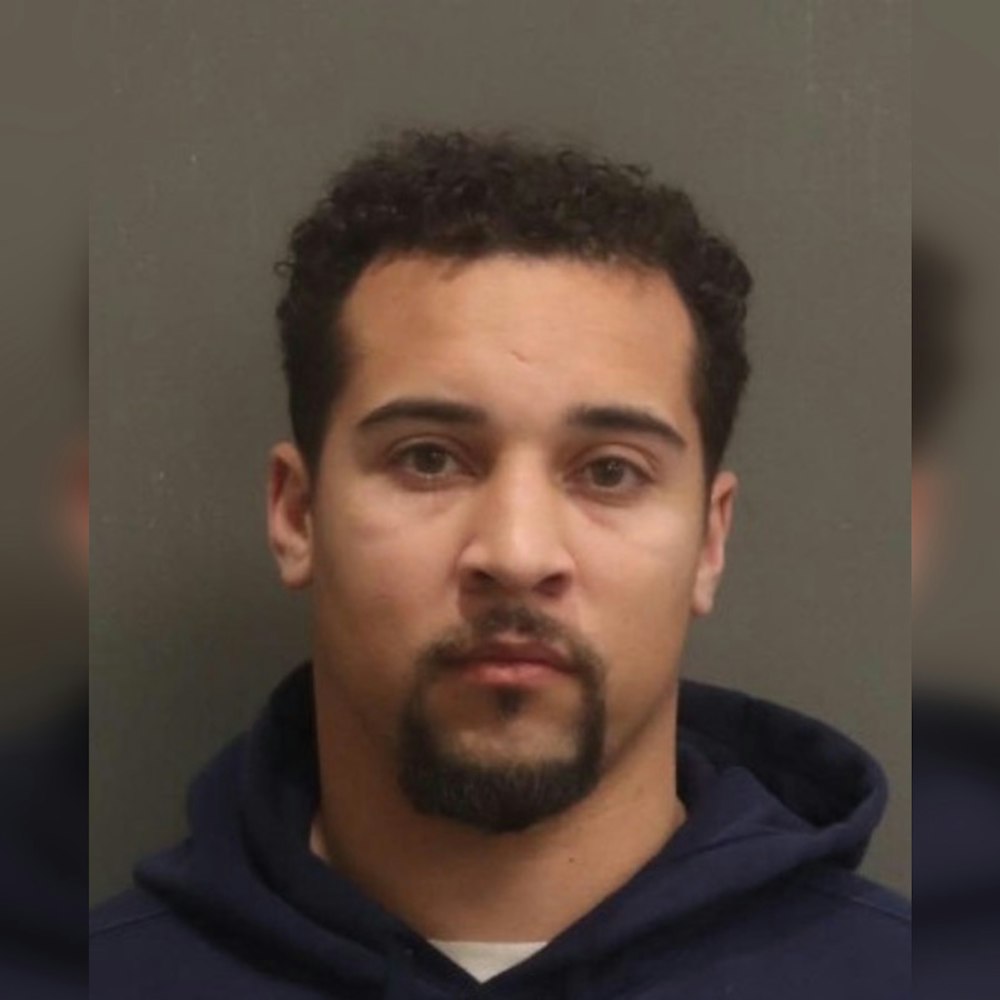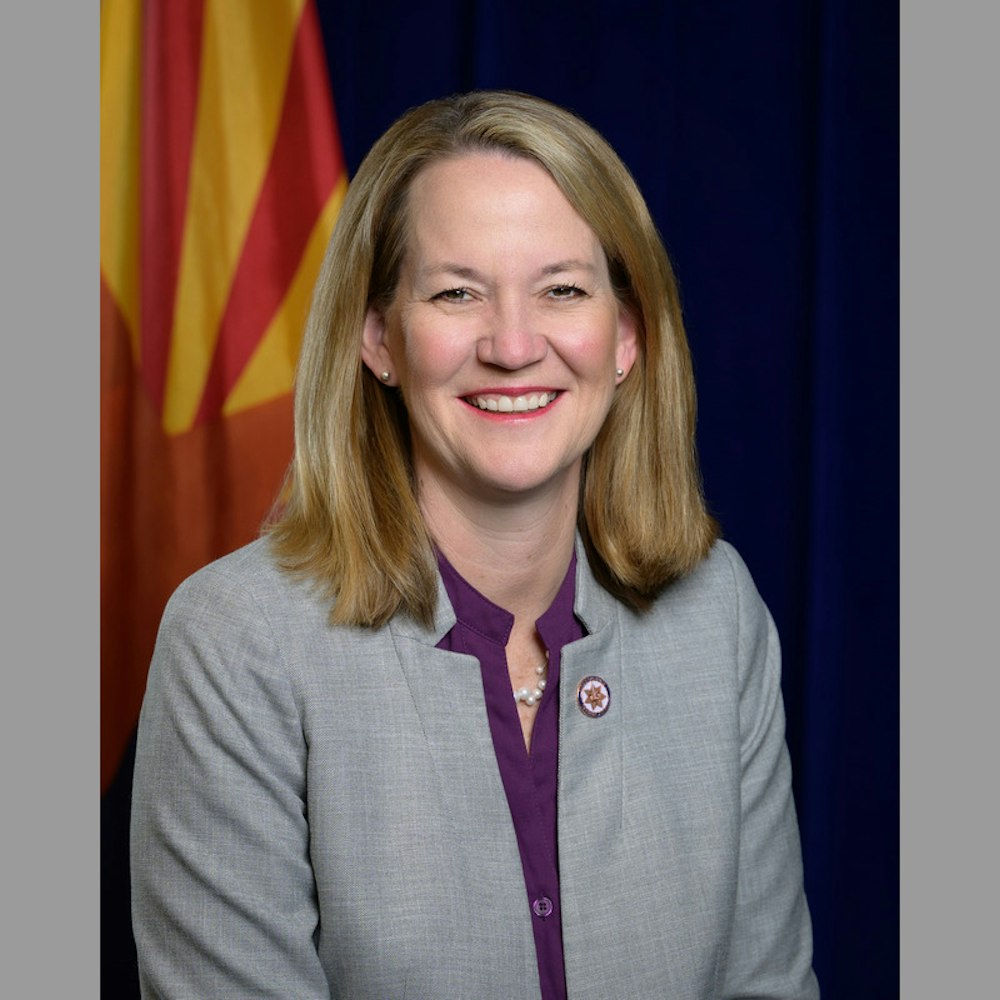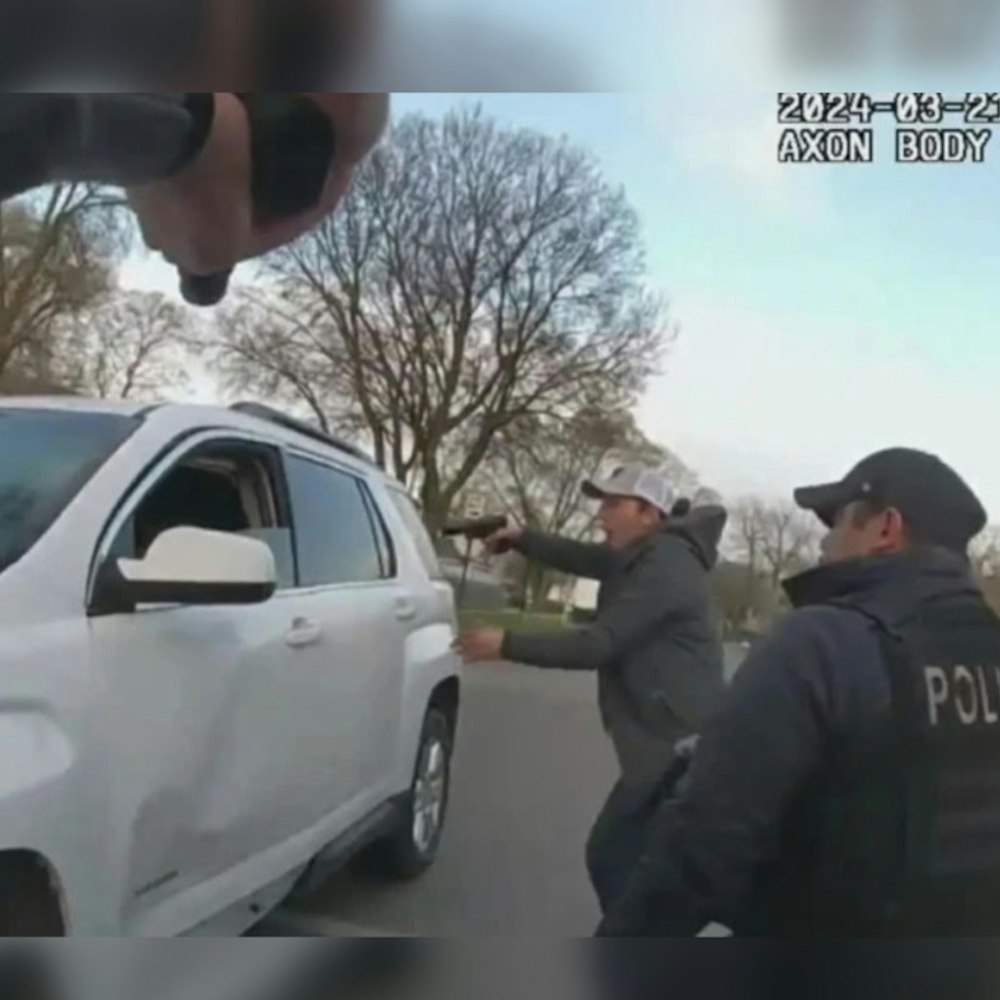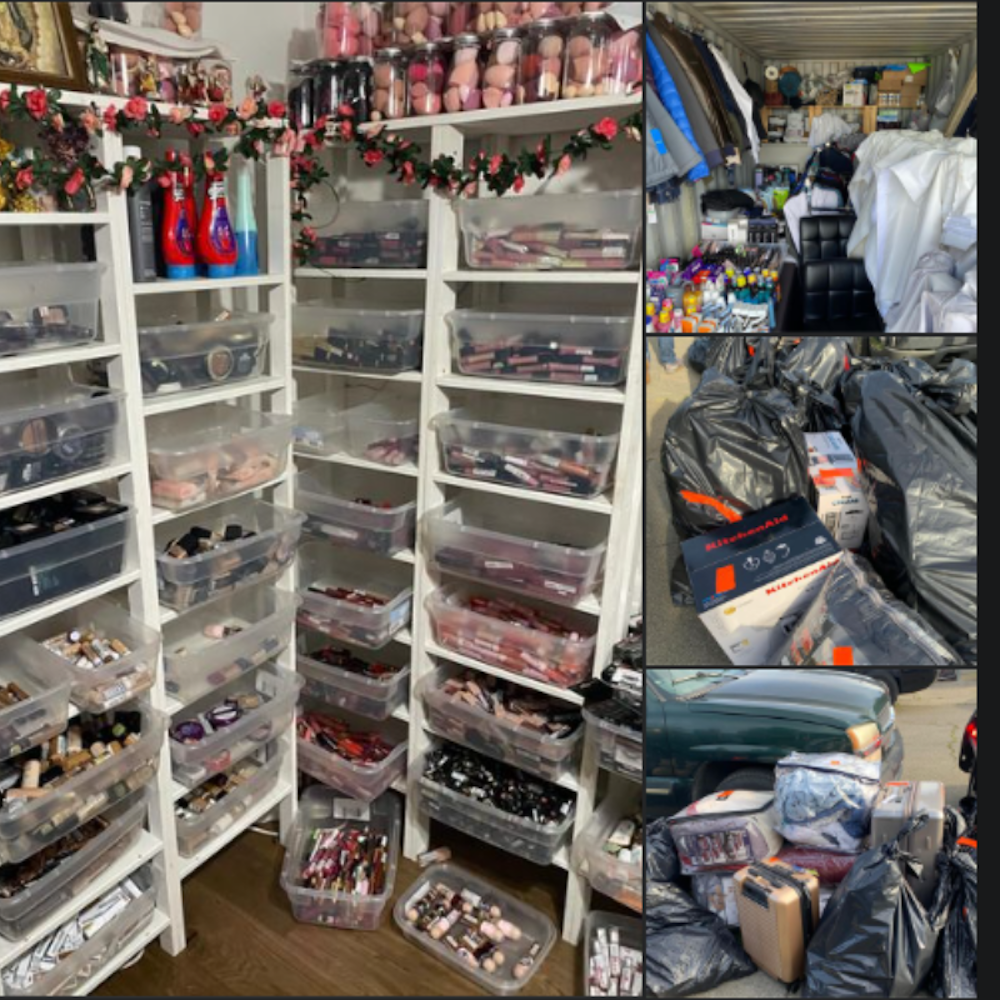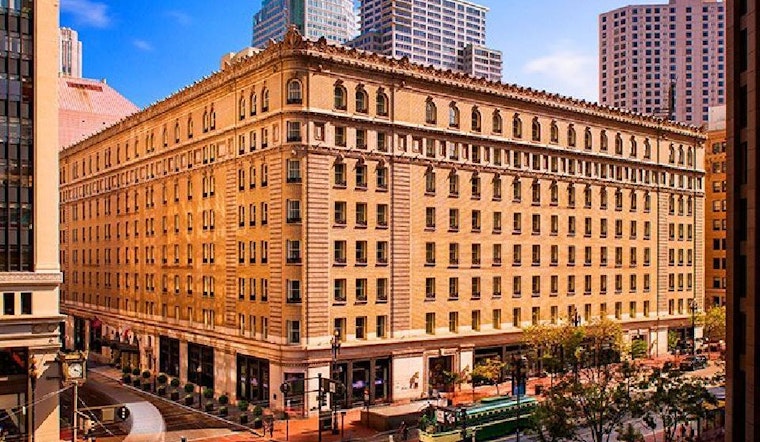
In a press conference today, five members of San Francisco's Board of Supervisors announced a proposal to halt the city's restructuring of homeless shelters, and instead move the city's unhoused into blocks of city-leased hotel rooms.
Set to be presented at tomorrow's board meeting, the proposed resolution would supersede last week's measure, which called for hotel rooms to be set aside for unhoused people and SRO residents who had officially been diagnosed with COVID-19 (as well as for first responders and medical personnel with the virus).
The original plan had also called for breaking up large homeless shelters into many smaller locations, to prevent the spread of the virus, and for adding more shelter locations as well. However, many shelters would still be congregant, with unhoused people sharing communal space in ways that might not be conducive to social distancing.
The new, broader plan is being sponsored by supervisors Hillary Ronen (District 9), Matt Haney (D6), Dean Preston (D5), Shamann Walton (D10), and Aaron Peskin (D3) — whose districts encompass much of the city's homeless population.
"Our offices were pretty alarmed" by the measures proposed last week, said Sup. Preston, adding that rolling out more congregant shelters of any size "is not a solution, and in fact could make matters worse."
The lion's share of the city's homeless population are over 65 and/or have underlying health conditions — two key risk factors for COVID-19 deaths.
"Shelters are very dangerous right now, in terms of how the virus could spread," Sup. Haney said.
With demand for hotels having cratered due to the shelter-in-place order, the city has an estimated 30,000 to 40,000 empty hotel rooms.
The supervisors say that hotels have already responded with an inventory of 8,500 available hotel rooms they're willing to lease to the city; some will be ready for move-in before the end of the week.
Regardless of whether they test positive for COVID-19, unhoused people will be encouraged to use these rooms instead of congregant shelters. Homeless service providers will handle intake, with an initial emphasis on those over 65 or with underlying health conditions. The ultimate goal will be to secure a room for every person in the city who is currently unsheltered.
The supervisors said they had been working with city agencies and the Mayor's Office already, and were optimistic about receiving broad support at tomorrow's meeting.
"Hours matter here. We cannot talk about this for the next week or two," Sup. Preston said. "We need to get as many people as possible into their own living space."
"If we don't make progress on this," Sup. Ronen said, "we have the ability as the lawmakers in this city to introduce an emergency ordinance to make this a requirement. We will do that if we need to."
